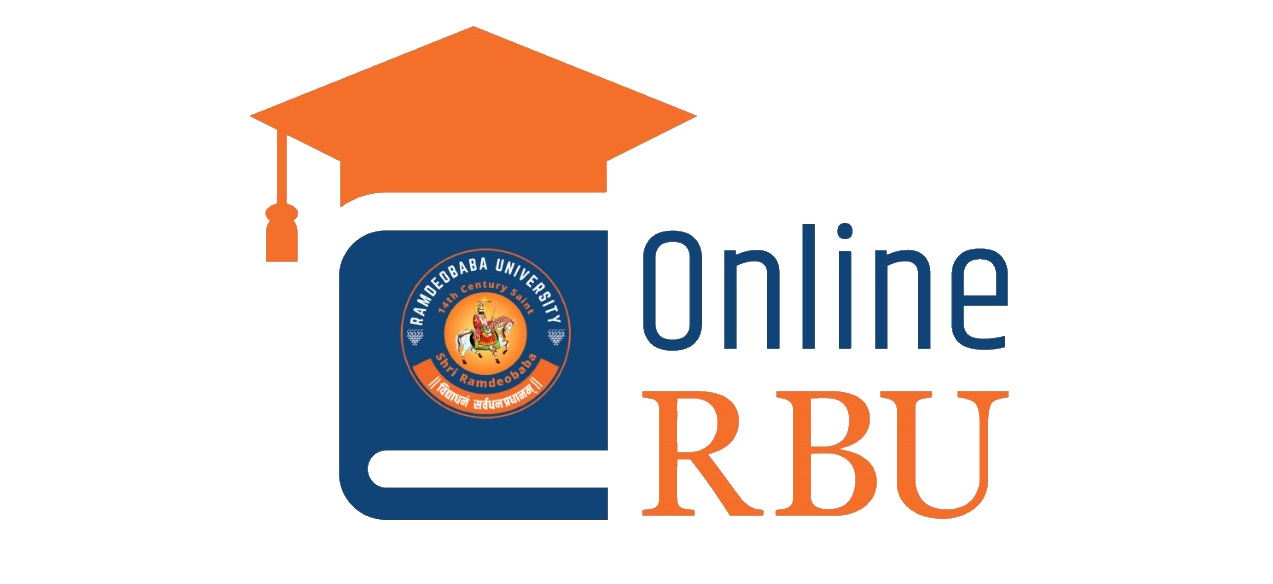Course Title:
Green Audit and Sustainability
Course Description:
A sustainability audit measures how well an organisation is doing concerning its targets for
sustainable development. Due to the fact that it evaluates how well the organisation performs
in three categories - social, environmental, and economic. It is also known as a "triple bottom
line" review.
A study of both internal and external elements impacting an organisation’s sustainability is
often part of a triple-bottom-line review. In addition to more physical factors like energy
usage or recycling rates, considerations like climate change laws or customer preferences are
made. This kind of review seeks to guarantee that businesses are satisfying stakeholder
expectations through enhanced accountability and transparency and helping them become
more sustainable.
The major goal of sustainability audits is to ensure that the business is sustainable and
lucrative, making them crucial. These evaluations serve as a standard for businesses and
organisations to raise their sustainability levels.
Many professionals worldwide consider sustainability audits a crucial component of any
organisation's business strategy. Businesses committed to sustainable practices, like Walmart
and Green Mountain Coffee, must regularly audit their operations to uphold their aim. When
stakeholders or other outside organisations start to inquire about how a firm is performing
regarding sustainability, having the capacity to audit one's own business also becomes useful.
Any organisation that wants to increase its sustainability should closely examine its internal
organisation. Firms can uncover possible areas for development and compare their
performance to other firms in the same sector by getting an outside view from a qualified
auditor.
Benefits of Sustainability and Environmental Audit
- Safeguard the environment and the resources that are essential to your business.
- Maintain adherence to applicable environmental and energy legislation.
- Address existing or possible issues that may occur in the future.
- Determine possible cost reductions through waste reduction and other initiatives.
- Show your consumers that you care about the environment.
Course instructional level:
Beginner/Intermediate/Advance
Course Duration:
3 Month/6 Month
Hours: 45/60/75/100 Hrs
Course coordinator:
Dr Swaroop Laxmi Mudliar
Course coordinator's profile(s):
Dr Swaroop Laxmi Mudliar working as Assistant Professor in the Department of Chemistry at Ramdeobaba University(RBU) Nagpur Maharastra State- India previously ShriRamdeobababa College of Engineering and Management (RCOEM) was ranked 52 in Outlook India's Top Engineering Colleges of 2011. In the limited participation CSR-GHRDC Engineering Colleges Survey 2011 it was ranked 23. In rankings limited to private colleges it was ranked 30 by Mint's Top 50 Private Engineering Colleges of 2009 and 16 in Electronics for you Top 50 Private Engineering Colleges of 2011of with research experience in the field of Environmental Impact Assessment. Dr Swaroop Laxmi is working as assistant Professor Department of Chemistry and has eight years of research experience with expertise in Environmental Impact assessment Studies . She has worked on 36 Environmental Impact Assessment Studies projects during her tenure in National Environmental Engineering Research Institute , Nagpur- India, She has to her credit several papers in national and international journals and conferences. Dr Mudliar is member of ISTE, IEAM- India and also awarded the IJEC fellowship.
Course Contents:
| Module/Topic Name | Sub-topic | Duration (hours) |
|---|---|---|
| 1. Green Building Assessment & Certification | 8 | |
| 1.a Sustainable Building Materials | 3 | |
| 1.b Building Life Cycle Assessment | 1 | |
| 1.c Green Project Management | 2 | |
| 1.d Sustainable Rating Systems | 2 | |
| 2. Comfort in Buildings | 8 | |
| 2.a Green Development | 2 | |
| 2.b Heat Transfer in Buildings | 2 | |
| 2.c Thermal Comfort | 2 | |
| 2.d Visual Comfort | 2 | |
| 3. Green Building Assessment and Certification | 10 | |
| 3.a Sustainable Building Material | 3 | |
| 3.b Building Life Cycle Assessment | 1 | |
| 3.c Green Project Management | 2 | |
| 3.d Sustainable Rating System | 2 | |
| 4. Green Skills for a Sustainable and Just Future Specialization | 84 | |
| 4.a Environmental Economics | 18 | |
| 4.b Environmental Justice | 23 | |
| 4.c Sustainability Leadership Development | 25 | |
| 4.d GIS (Geographical Information System for Sustainability) | 18 |
Course Outcomes: Green Audit and Sustainability
actions and how to reduce their carbon footprint
